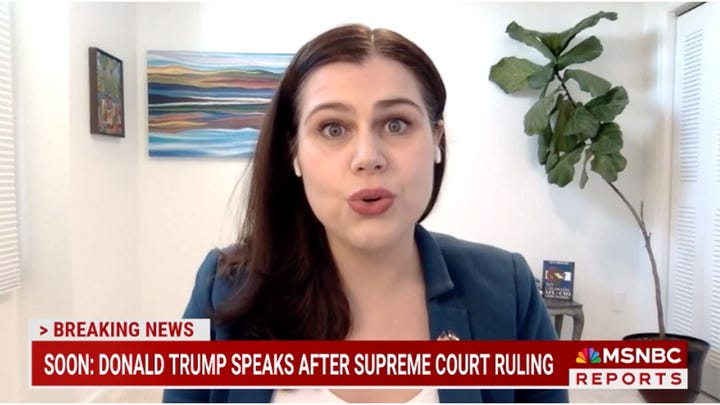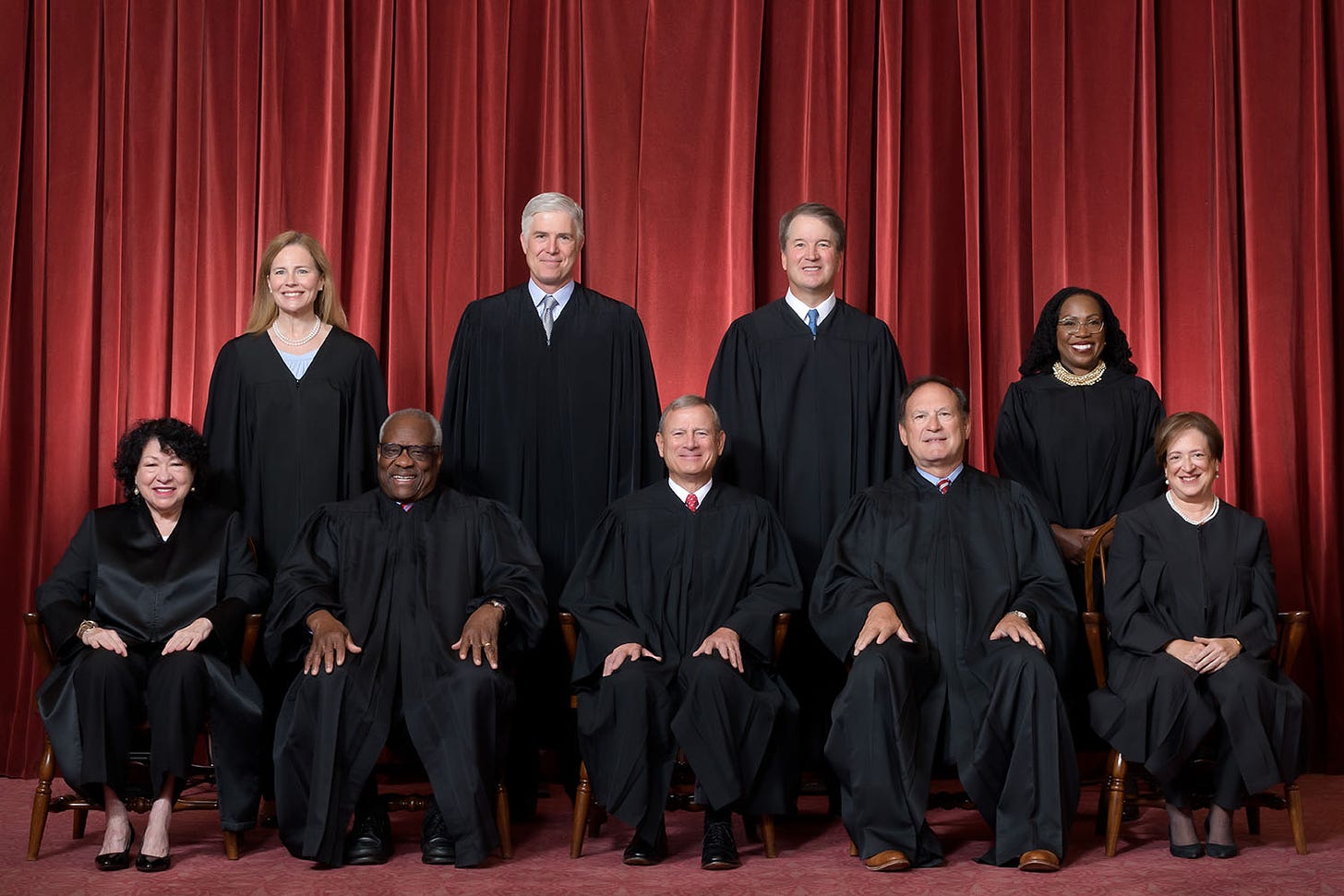
Remember the wedding website case that came out of Colorado and went all the way to the Supreme Court? It’s finally over, and it ended beautifully. Bigly beautifully.
I’ll let the district court describe the facts:
“Plaintiff Lorie Smith . . . offers a variety of creative services, including website design, to the public. Ms. Smith intends to expand the scope of [her] services to include the design, creation, and publication of wedding websites. However, [Smith] will decline any request to design, create, or promote content that promotes any conception of marriage other than marriage between one man and one woman. [Smith has] designed an addition to [her] website that includes a statement that [she] will not create websites “celebrating same sex marriages or any other marriage that contradicts God’s design for marriage.”
The Colorado Civil Rights Commission decided that Smith’s exercise of her First Amendment right to decline to perform services in violation of her religious beliefs, and that her words so stating, were, ironically, in violation of the First Amendment. The Commission said (1) Smith was required to design websites celebrating marriages other than between a man and a woman, and (2) she was prohibited from stating that she wouldn’t.
Smith sued the Commission in Federal Court. It was a smart move to go to Federal Court because state court would have ensnarled her for years in the swamp of the Democrat-controlled Colorado state judiciary – the one where the state supreme court tossed Donald Trump from the 2024 ballot only to be unanimously overturned by the Supreme Court last winter.
The district court dismissed her case on procedural grounds. She appealed to the federal appellate court. They overturned the dismissal on procedural grounds, but, worse, dismissed her case on substantive grounds.
She appealed to the Supreme Court. The Supreme Court held 6-3 last year that both dismissals were wrong. They held that the Commission’s insistence that she perform services in violation of her religious beliefs, and insistence that she refrain from stating that she wouldn’t, were in violation of her First Amendment rights.
In short, she won.
The case was then remanded back to the lower courts to work out the details. It came back to a different district court judge. (The first judge, a former bankruptcy judge, had taken “Senior” status while the case was on appeal. That’s a gravy train for federal judges where they get full pay, the same plush courtrooms and chambers, a full complement of law clerks to kiss the back of their robes, and invitations to the right (er, left) cocktail parties. But they work just part-time by taking on only the particular cases they want. No, this “job” is not available for you.)
The details remaining to be worked out on remand to the district court were the exact language of the court’s order, and the payment of attorney fees. The Commission wanted a cramped order with little precedential significance and minimal further embarrassment to them. Smith of course wanted a broader order protecting her against infringements on her First Amendment right to exercise and state her religious beliefs.
This week, the new judge sided with Smith. The court’s order states:
“ORDERED that the First Amendment’s Free Speech Clause prohibits Colorado from [compelling Smith] to create custom websites celebrating or depicting same-sex weddings or otherwise create or depict original, expressive, graphic or website designs inconsistent with her beliefs regarding same sex marriage.”
Then there was the attorney fees issue. The civil rights laws provide for an award of attorney fees and costs to a prevailing plaintiff. Smith was the prevailing plaintiff, though she had to go all the way to the Supreme Court to become one.
The Commission argued that she was actually only a partially prevailing plaintiff because she didn’t win on every single claim she made. Accordingly, the Commission contended, attorney fees should be prorated.
The district court rejected the Commission’s argument, and instead correctly held that “prevailing” in this context simply means the side that basically won, even if they didn’t win on every single claim. Attorney’s typically throw in lots of claims of dubious merit in a lawsuit. The fact that some get thrown out along the way doesn’t mean their client isn’t the prevailing party at the end of the day when they are awarded the remedy they seek.
The judge concluded with an invitation to Smith’s attorneys to file a motion for their costs and attorney fees.
Those costs and fees are likely to be into seven figures, since they include the original district court proceedings, the appeal to the appellate court, the appeal to the Supreme Court, and the current remand to the district court.
That is all good news. Smith is now playing with the house’s money. The bad news is that the “house” is, at the end of the day, the taxpayers of the State of Colorado.
Mind you, my objection here is not to gays getting married. I’m OK with that, though it took me a few years to get there. My objection is to the government telling everyone that they’re required to think it’s OK. Many people have sincere religious or other beliefs objecting to gay marriage. It’s wrong — and a violation of the First Amendment — to force them to abandon their beliefs.
As a matter of strategy, I also think it’s a grave mistake for gays to force this issue. People tend to get entrenched when their religion is attacked. But very often, when the left can choose between effective persuasion and ineffective coercion, they choose the latter. Because, at heart, they want to boss people around. They’re totalitarians.
I wish there were a way to hold these totalitarian bureaucrats personally liable in cases like this. A million-dollar judgment against them personally, and a seizure or their residences, might make them think twice next time. How about an $83 million judgment and $92 million bond? Better yet, how about a $464 million judgment secured with a $175 million bond?
Glenn Beaton practiced law in the Federal Courts, including the Supreme Court.









